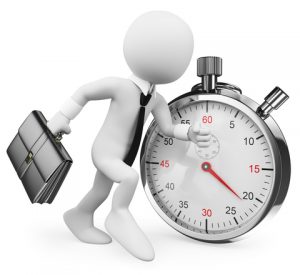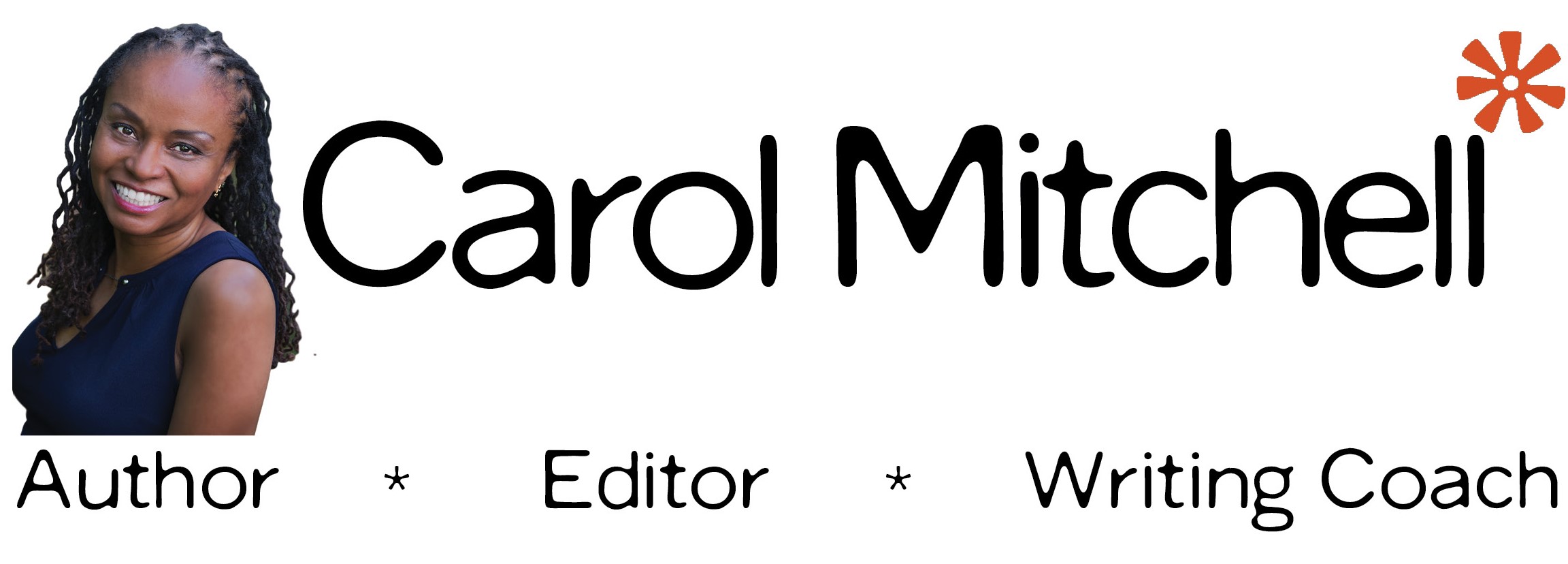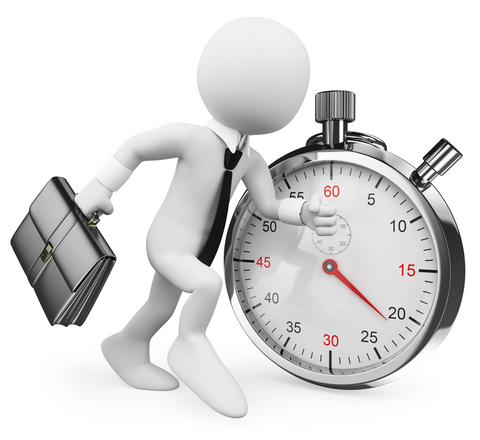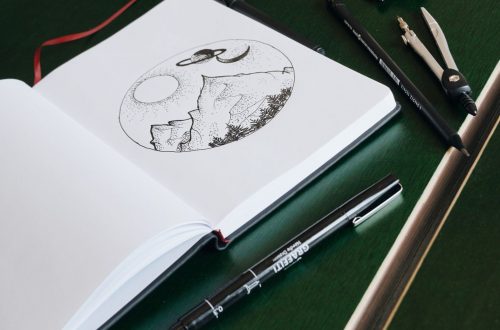 Many authors struggle with the decision of whether to self-publish or not. I cannot advise you on the route you should take in publishing your book, this is a personal decision. But here are some things to consider as you make the decision. At the most basic level, the main differences between self-publishing and traditional publishing are time and money.
Many authors struggle with the decision of whether to self-publish or not. I cannot advise you on the route you should take in publishing your book, this is a personal decision. But here are some things to consider as you make the decision. At the most basic level, the main differences between self-publishing and traditional publishing are time and money.
Finding a traditional publisher to accept your work takes time. Many very successful authors will tell you that they submitted their manuscript tens and hundreds of time over months and years before it was accepted by a publisher. For example, Booker prize winner Marlon James’ first book, John Crow’s Devil, was rejected seventy-eight times before it was published by Akashic Books in 2005. It went on to be named a finalist for a Los Angeles Times Book Prize and the Commonwealth Writers’ Prize. If you go the recommended route of getting an agent who then finds you a publisher, this wait is even longer.
With self-publishing, you eliminate that wait. It still takes time. You need to carefully follow all the steps to prepare the book for market. The time you eliminate is the time for someone else to decide that your book is the one they want to invest in. With self-publishing, you assess your work and decide to make the investment yourself.
Of course, that investment in self-publishing means you have to spend money. You need to hire an editor (although I maintain you should do that regardless of how you publish), do your layout and design, pay illustrators, pay for the printed copies, and so on. (It helps if you have even some basic computer and design skills of your own.)
M=Money flows out with self-publishing but if you are successful, it also flows in. Traditional publishers will cover the costs just mentioned and in return for their investment, they will keep the lion share of the royalties. With self-publishing, if there is any profit, it is yours.
As a self-published author, you might find yourself with a large portion of a very tiny pie. Very few self-published books sell enough copies to recoup the investment the author makes.
Whichever route you go-self-publishing or traditional publishing, you will have to do a lot of marketing if you want your book to be a success. However, if you land a big publisher, your book will have greater access to media, bookstores, prizes, and so on than you could muster on your own. In addition, there is still a stigma attached to self-published books which makes them harder to sell.
I am not going to describe the process of getting a traditional publisher here. I do usually suggest that you look at the copyright and dedication pages of books similar to what you have written and note who published them and represented them. You can then research these publishers and agents to see if and how they accept submissions and follow their rules. As you do your research, make sure you are contacting reputable agents and publishers. If you are looking for help with writing a query letter, I find the direct approach of the query shark helpful.
Good luck out there!
Illustration 52869949 © Texelart – Dreamstime.com





